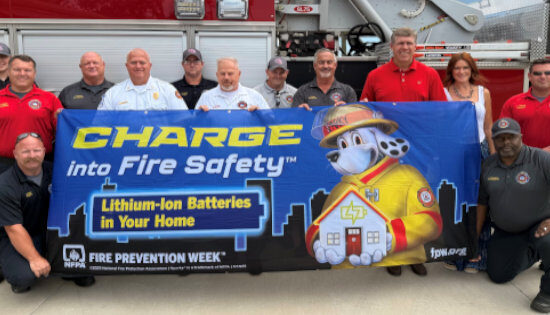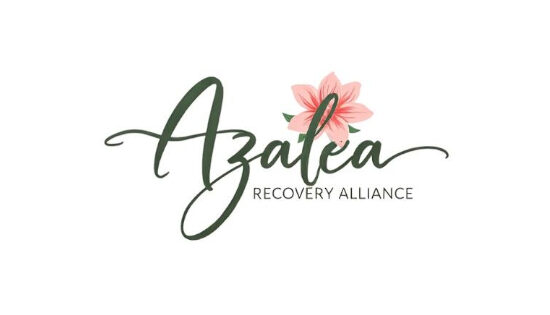Neglected or abused children often believe their situation is somehow their fault and that they have no one to turn to and trust. This uncertainty can lead to aggression, unruly behavior, and bouts of deep depression. Many children don’t tell others about what is happening in their lives; they learn at an early age, not to trust those outside their limited circle. Only after the child is removed from their home and placed into foster care that the true nature of their home life, finally comes to light. This is when CASA volunteers can step in and make a difference in the life of a child.
What Is CASA?
CASA stands for Court Appointed Special Advocates. Georgia CASA volunteers work hand in hand with many agencies to advocate for children placed in foster care. As a non-profit organization, they receive funding through grants, local fundraising opportunities, and donations. They use this money to help as many foster children as possible. CASA volunteers not only work with state agencies but the parents as well, in an attempt to reunite children with their families.
A Voice for the Voiceless
CASA volunteers are a voice for the voiceless. They advocate for children once brought into foster care. While they offer resources and encouragement to the parents, the ultimate goal is to make sure each child’s voice is heard, and to provide the emotional support they need to become happy, healthy children.
CASA volunteers also work with other state agencies to get the child the physical or emotional healthcare they need.
Often, a CASA Volunteer will visit their child in school, daycare, and may even take part in visits with their parents. Children with a CASA Volunteer often do better in school, and generally, have better outcomes.
Elaine Grice, the Director of CASA of the Alapaha Judicial Circuit, says, “CASA volunteers are an extra set of eyes and ears for our judge.”

Working with the Parents
While most of their work involves advocating and supporting the children, they also get to know the parents. Although they don’t advocate for the parents, they do work with them and offer resources they may need to re-establish a positive environment in their home. Often, a child can return home within a few months. There are cases where a child remains in the system for 18 months or longer. In situations where the child cannot return home, adoption, or guardianship is considered.
Awareness is Key
CASA of the Alapaha Judicial Circuit serves five Georgia counties: Berrien, Cook, Lanier, Clinch, and Atkinson. They have 23 active volunteers to help over 178 foster children in those counties. With each volunteer handling only one or two cases, this leaves almost 75% of the children in these counties without anyone to advocate for their needs.
CASA Volunteer, Vicki Rountree stated, “I think our biggest opportunity right now is raising awareness. Elaine started the CASA program here almost 11 years ago, and there are still people who aren’t aware of our mission. We recently received a grant to help grow our CASA here, that’s where we’re going to focus.”

Grice added, “It’s our goal to serve 100% of our children.”
How You Can Help
The most important thing to donate if you want to help a child isn’t money. It’s your time. While offering a financial donation is always encouraged, both Rountree and Grice admit that what they truly need are volunteers who are dedicated to helping children through a very difficult and uncertain time.
CASA Volunteers receive much more than they give. They know the children they serve are receiving much-needed services, but the reward of helping change a child’s story is something they will never forget.
If you are interested in becoming a CASA Volunteer, you can visit CASA of the Alapaha Judicial Circuit at 1015 Exum Street in Nashville, Georgia or call the office at 229-686-6576 ext #4 or email egrice@fccisberrien.org. Please like our Facebook page – CASA of the Alapaha Judicial Circuit.











